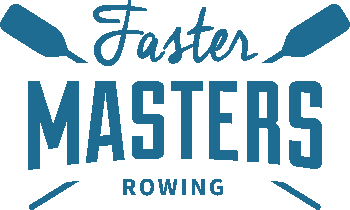I got this message from a master’s rower which was very telling. Equal treatment in the eyes of the club as a whole speaks volumes.
“Our masters squad are having a bit of a rethink around our operational requirements and training principles as a group. Have you got access to any other clubs “rules of engagement” that we might be able to have a look at? We don’t need to reinvent the wheel – just keen not to miss anything and ensure we have equal treatment in the eyes of the Club as a whole.”
Masters committee member
If this is an issue for your masters rowing group, have a read of the resources I shared.
Rebecca Caroe wrote this article Frustrations of masters rowers as a good starting point because the inverse of the frustration can be an operational principle.
The “club contribution” from a masters group
- Our training boats are shared with the junior novices.
- We get access to borrow racing boats from the main boat fleet before our major regattas
- We can use coach boats when the main club aren’t using them
- We run the club’s annual regatta and support other club fund raisers.
- We get one vote on the main club AGM and we have a representative at all club committee meetings
- Our equipment is owned and insured by the main club and we fund raise for boats suitable for our needs which we get exclusive use.
And 612 Endurance club wrote a mission statement about coaching principles for masters rowing.
James Dundon (the coach) shared it with Faster Masters Rowing.
James Dundon, Coach, 612 Endurance Rowing
- 612 Endurance believes in creating a training environment that fully supports the pursuit of mastering the sculling stroke (and the rowing stroke).
- We appreciate the complexity of that pursuit by breaking it down to the essentials of catching the boat without disturbing its run, hanging smoothly through our shoulders during the leg drive, and dynamically harnessing our hip, back, and arm power to complete the drive.
- We doggedly work on a wide variety of drills to perfect our balance and improve our rhythm.
- We believe in creating a competitive culture at practice that encourages all participants to share in providing positive and honest feedback to one another.
- In these regards our practices can best be described as a Non-Zero Sum Game. In a Non-Zero Sum Game all participants could achieve a gain or all participants could experience a loss. We attempt to achieve this standard by creating handicapped margins, demonstrating best possible technique as we teach and perform drills, rowing in team boats with one another, and monitoring and adjusting our approach as needed.
- Achieving our standards works when every participant communicates in a tone that demonstrates a sincere interest that the recipient will benefit from our observations.
- Our confidence in one another derives from the feeling of respect we share. Passive aggressiveness destroys that respect and we will not tolerate its use.
- We are excited about testing our skills in competition.
- We support one another in that pursuit by creating a competitive environment at practice that exceeds the difficulty of our races.
- We push one another at practice in creative and surprising ways to enhance our adaptability. In that realm we occasionally fail. In those moments, we gather our composure, complete our work to the best of our abilities, and we leave it all on the water.
- We do not cling to anger or resentment. We recognize that those emotions arise in the pursuit of extraordinary challenges and we embrace them as opportunities to learn and grow.
- We believe in mastering the sculling stroke in the single as preparation for success in both the single and team boat rowing.
- We select team boats based on single speed, athlete synergy, and proficiency of sculling technique.


